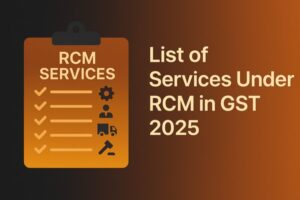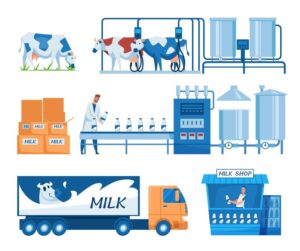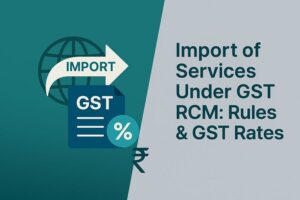What Is the Continuous Supply of Goods and Services Under GST?
- 18 Oct 24
- 7 mins

What Is the Continuous Supply of Goods and Services Under GST?
Key Takeaways
- Continuous supply involves recurring delivery of goods or services over 3+ months.
- Invoices are issued periodically as per the contract's terms and schedule.
- Goods invoices must be raised before or at the time of payment or statement.
- Service invoices are based on due dates, payments, or event completion.
- Timely invoicing ensures compliance with GST regulations.
Under the GST regime, the continuous supply of goods and services refers to goods that are supplied or agreed to be supplied on an ongoing or recurring basis. In this arrangement, the supplier issues invoices to the customer regularly as per the terms of the contract. The invoicing intervals can be weekly, monthly or quarterly.
Learn about this type of supply here in detail to make informed decisions. The detailed guidelines can help you issue invoices at the right time for compliance requirements.
What Is a Continuous Supply of Goods?
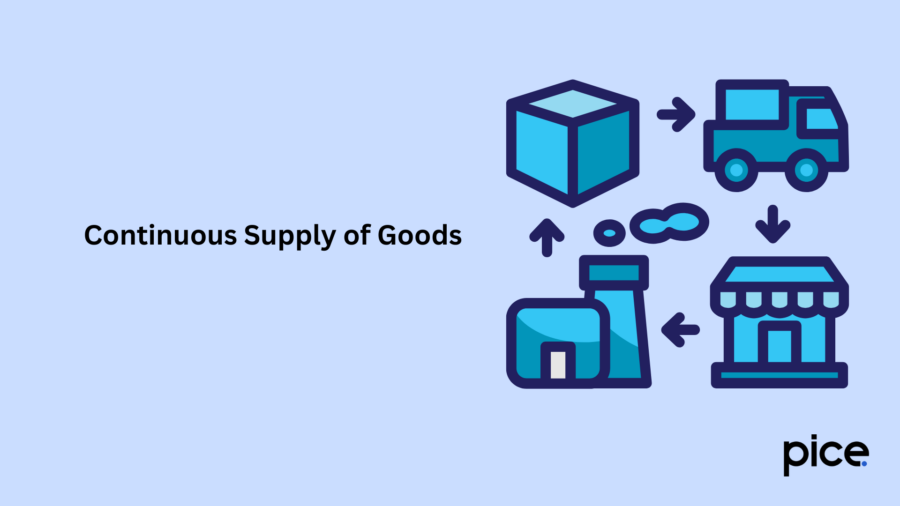
Continuous supply of goods refers to the supply of goods on a recurrent basis. Under this system, the supplier sends invoices to the customer at regular intervals based on the contract. Thus, the features of continuous supply include the following:
- Recurring supply of goods
- Based on a contract
- Undertaken through a wire, cable, pipeline or conduit
- Invoices sent to the customer periodically
Example of Continuous Supply of Goods
Here are the examples of continuous supply of goods:
- The supply of bricks to builders is an example of a continuous supply of goods as suppliers usually undertake such tasks at periodic intervals for a long time (periodic supplies).
- The supply of gas through pipelines is another example of a continuous supply of goods with a billing schedule per month or week.
Time of Issuing the Invoice Under Continuous Supply of Goods: (Section 31(4) of the CGST Act, 2017)
Suppliers need to issue invoices before or at the time of generating successive statements of accounts or successive payments. Further, suppliers can issue invoices at the time of receipt of payment for each transaction. For instance, a supplier of bricks needs to issue a periodic invoice for each batch of bricks supplied to the customer.
Time of Invoice Issue Under Reverse Charge
Suppliers need to issue invoices under reverse charge at the following times:
- On the date of receiving goods
- Date of payment
- 30 days from the issue of the supplier's invoice
What Is a Continuous Supply of Services?
Continuous service supply is a recurring supply of services or consistent service delivery to customers. It is undertaken based on contracts for periods of more than 3 months. Additionally, it includes periodic payment obligations for the recipient of services which the supplier of the service receives.
Here are the features of a continuous supply of services:
- Unceasing supply (provision of services) of agreed-upon services
- Undertaken on a contractual basis by a service provider
- The duration needs to exceed 3 months (long-term contracts)
- There are obligations for payment of services at regular intervals for the subscription period
Example of Continuous Supply of Services
The following are examples of a continuous supply of services:
- Internet services provided by telecommunication companies or internet service providers
- Annual maintenance contracts or maintenance services
- Licensing of brand names and software subscriptions
- Magazine subscriptions (monthly subscription service)
- Comprehensive service contracts or long-term service agreements
- Professional services
- Project-based services
Issue of Invoice Under Continuous Supply of Services: (Section 31(4) of the CGST Act, 2017)
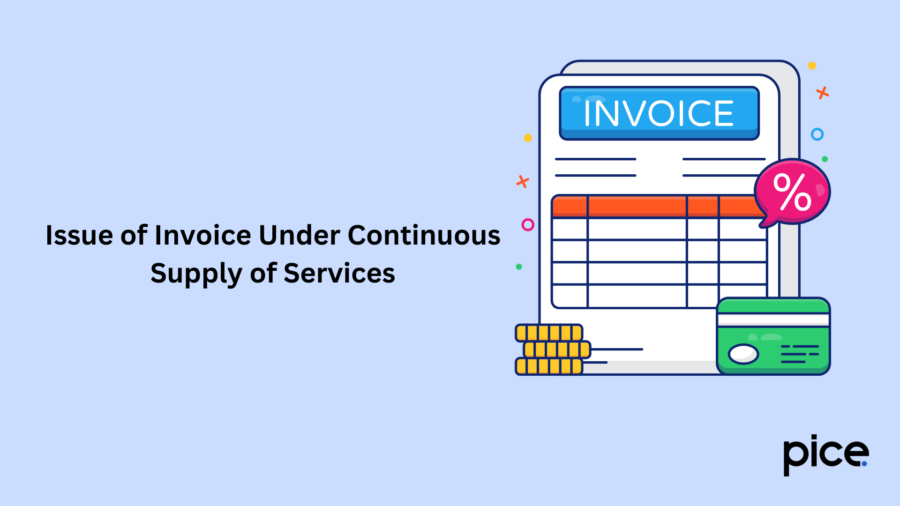
Here is the time for tax invoice issue or guidelines for invoice issuance under continuous supply of services:
- On or before the due date of payment for services rendered by the supplier (when the due date is mentioned)
- If the due date is not mentioned, suppliers need to issue the complete invoice or consolidated invoice before or at the time of receiving payments from customers on completion of services.
- When a distinct billing event is associated with the payment, suppliers need to issue the invoice on or before the date of event completion.
- If the supply of services stops under a contract before the completion of the supply, the supplier needs to issue the invoice on the day when the supply of services stops for the work undertaken.
- In addition, all invoices need to be issued within 30 days from the date of each event completion.
- If the supplier is a bank, NBFC or financial institution, suppliers need to issue invoices within 45 days from the date of supply of services.
The following aspects need to be noted for a continuous supply of Goods/Services:
- The supply of goods or services concerned needs to be regular and not a one-time contract.
- This delivery of services or goods should be for a period longer than 3 months of continuous supply.
- The contract terms need to specify that the contract includes a billing period or billing cycle, periodic billing terms, billing process and periodic payment terms followed by the frequency of billing and payments for services. It additionally should include the schedule of service delivery.
Conclusion
Continuous supply of goods and services under GST are supplies made by suppliers for a recurrent period of more than 3 months. Suppliers need to issue invoices on or before the due date or the date of event completion. Further, customers need to pay based on the invoice sent by suppliers for the goods and services supplied for that tax period.
The ongoing services or process ensures an adequate supply of goods and services for business processes. This ensures continuity of tasks undertaken by customers, for example, construction of buildings with bricks supplied during the days for services or goods supply.
💡If you want to streamline your payment and make GST payments, consider using the PICE App. Explore the PICE App today and take your business to new heights.
 By
By 





